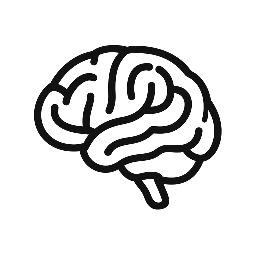
Anxiety is a common mental health condition that affects millions of people worldwide. While occasional anxiety is a regular part of life, excessive or chronic anxiety can interfere with daily functioning and quality of life. Fortunately, several evidence-based techniques have been proven effective in managing anxiety. Many methods are available, but here are five potential methods most people are familiar with. The process of therapy used, however, will depend on the results of an in-depth assessment of symptoms and circumstances of the individual :
- Cognitive Behavioural Therapy (CBT)
CBT is a widely researched and effective form of psychotherapy that helps individuals identify and challenge negative thought patterns and behaviours contributing to anxiety. By restructuring these thoughts and developing healthier coping strategies, people can reduce anxiety symptoms and improve emotional regulation. - Mindfulness Meditation
Mindfulness meditation involves focusing one’s attention on the present moment non-judgmentally. Studies have shown that regular mindfulness practice can decrease anxiety by reducing rumination and improving awareness of bodily sensations and emotional states, which helps individuals respond more calmly to stressors. - Exposure Therapy
Exposure therapy for phobic anxiety gradually and systematically exposes individuals to feared objects or situations in a controlled environment. This technique helps reduce avoidance behaviours and desensitises the person to anxiety-provoking stimuli, leading to decreased anxiety over time. It is particularly effective for phobias and social anxiety disorder. - Physical Exercise
Engaging in regular physical activity has been shown to alleviate symptoms of anxiety by releasing endorphins, improving sleep, and reducing muscle tension. Aerobic exercises like running, swimming, and cycling are especially beneficial. Incorporating exercise into a daily routine can serve as a natural and accessible way to manage anxiety. - Deep Breathing and Relaxation Techniques
Techniques such as diaphragmatic breathing, progressive muscle relaxation, and guided imagery help activate the body’s relaxation response. By slowing the heart rate and reducing muscle tension, these methods can quickly alleviate acute anxiety symptoms and promote a sense of calm.
In summary, managing anxiety effectively often involves a combination of therapeutic approaches and lifestyle changes. Research supports cognitive behavioural therapy, mindfulness meditation, exposure therapy, physical exercise, and relaxation techniques as effective strategies. Individuals experiencing anxiety should consider consulting a mental health professional who will develop a personalised plan using evidence-based methods that suit their needs and which may or may not be one of the methods above.


Leave a Reply